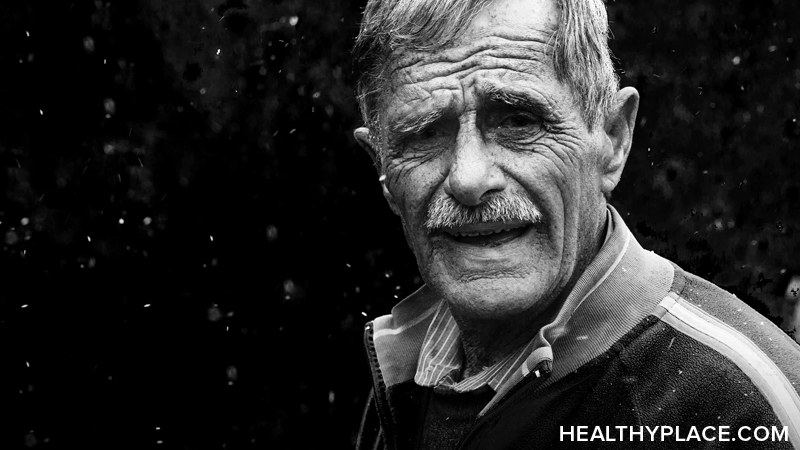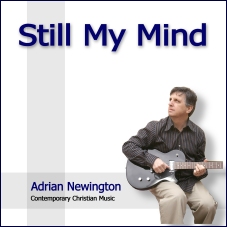Facet # 7 - Reasons to Take the Risk
Yes it is very, very sad that it is so hard to connect with another person in a love relationship. And one of the difficult things about it is that the only way to really learn how to do a relationship is in one. We can have all the wonderful knowledge, counseling/therapy, healing work, etc. but until we really try it out in a relationship we don't get in touch with the gut level wounds/buttons that are so painful. It takes a lot of courage to take the risk of embarking on a relationship - to say nothing of the time and energy it takes to get started getting to know someone. Probably the hardest and most important part of it is being able to communicate. There are so many blocks to communication such as 1. words having different meanings, 2. certain words being emotional triggers - to say nothing of gestures, tone of voice, body language, etc., 3. hearing things through our emotional filter instead of hearing what the person is actually saying, 4. all of the people involved (both peoples parents - alive or dead - every other person they have ever been in relationship with, fantasy mates, etc.) and others.
Some of the things that I keep telling others (because I teach best what I need most to learn) is that:
- We need to know and tell ourselves that it is truly better to love and lose than never love at all.
- That there are no mistakes only lessons.
- That everything is unfolding perfectly and there is a Loving Higher Power who is guiding the process.
- That the right people come into my life at the right time (this does not necessarily mean a wonderful relationship - sometimes it means the right person to teach us how to set boundaries or defend ourselves or know when to walk away.)
- That it is important to change our definition of a successful relationship - a successful relationship is not necessarily one that lasts for the rest of our lives, it is one that we learn and grow from.
It is a great risk to open up to and care about another person - and we will feel hurt at times because hurt is part of life - but it is a risk that is worth taking because if we never take the risk we can never be Truly alive.
"The chance of a relationship not only being an opportunity for growth but also supportive and nurturing increases greatly if the person we choose to get involved with is also on a Spiritual/healing path - because it makes it so much easier to communicate. Doing the inner child healing work and learning how to have internal boundaries increases the potential of the relationship by a extraordinary percentage because the terrified part of us is our inner children who were so wounded by the ones they loved in early childhood - and the same is true of the other person. If both people are working on their issues then there will be a much richer and more rewarding experience - but it will take a lot of work. There is not going to be some fairy tale ending and that is sad and angering - but at least we have tools and knowledge now that can help us have a better shot at a Loving relationship."
continue story below
"The Abundance of Love and Joy that you can help each other to feel by coming together - are vibrational levels that you then each will be able to access within yourself. You are helping each other to remember how to access that Love - helping each other to remember what it feels like and that Yes you do deserve it.
It is very important to remember that so that you can Let Go. Let Go of believing that the other person has to be in your life . . . ."
"The more you do your healing and follow your Spiritual path the more moments of each day you will have the choice to Truly be present in the moment.
And in the moment you can make a choice to embrace and feel the Joy fully and completely and with Gusto.
In any specific moment you will have the power to make a choice to feel the Love in that moment as if you have never been hurt and as if the Love will never go away.
Completely absolutely unconditionally with fearless abandon you can embrace the Love and Joy in the moment.
Glory in it!"
Wedding Prayer/Meditation on Romantic Commitment by Robert Burney
Codependence Recovery is not self-help. We are being guided. The Force is with us! The Spirit is guiding us down our path. Romantic Relationships are one of the most important arenas of Spiritual growth available to us - it is important to our souls to be willing to take the risk of Loving and losing.
And what is vital to being willing to take the risk is take the shame and judgment of the process. We were powerless over the choices we made in the past.
"As long as we are judging and shaming ourselves we are giving power to the disease. We are feeding the monster that is devouring us.
We need to take responsibility without taking the blame. We need to own and honor the feelings without being a victim of them.
We need to rescue and nurture and Love our inner children - and STOP them from controlling our lives. STOP them from driving the bus! Children are not supposed to drive, they are not supposed to be in control.
And they are not supposed to be abused and abandoned. We have been doing it backwards. We abandoned and abused our inner children. Locked them in a dark place within us. And at the same time let the children drive the bus - let the children's wounds dictate our lives.
We were powerless out of ego-self to do anything any different than we did it. We are powerless out of ego-self to heal this disease. Through Spiritual Self, through our Spiritual Connection, we have access to all the power in the Universe.
We need to have the willingness: willingness to get to a new level of self-honesty; willingness to start listening to the Loving inner voice instead of the shaming ones; willingness to face the terror of healing the emotional wounds"
next: The Great Quest
APA Reference
Staff, H.
(2008, December 10). Facet # 7 - Reasons to Take the Risk, HealthyPlace. Retrieved
on 2026, March 5 from https://www.healthyplace.com/relationships/joy2meu/facet-seven-reasons-to-take-the-risk
 Treating attention-deficit/hyperactivity disorder (ADHD) with medication and behavioral therapy can provide lasting results, but the risks and benefits of those treatments may vary substantially over time, according to new research.
Treating attention-deficit/hyperactivity disorder (ADHD) with medication and behavioral therapy can provide lasting results, but the risks and benefits of those treatments may vary substantially over time, according to new research. Suicide is a worldwide problem. A look at effective interventions and how to prevent suicide.
Suicide is a worldwide problem. A look at effective interventions and how to prevent suicide. When my son Kevin was about 3 years old, he spied a green pea. He picked it up between his fingers and rolled it over. It looked good! He then pushed the pea up his nose. Interesting. Vegetables are fun! He used another pea to push the first one up higher. Then another. Yet another pea followed the first three into Kevin's nose--and it was not the last! Kev was not satisfied until he had enjoyed five peas--in his nose! Later, in the emergency room, after they'd removed the peas, Kev's older brother Garrett, with a sweet twinkle in his eye, called Kevin a pea-brain!!! When I say that kids need vegetables, I mean they need to eat vegetables -- by mouth.
When my son Kevin was about 3 years old, he spied a green pea. He picked it up between his fingers and rolled it over. It looked good! He then pushed the pea up his nose. Interesting. Vegetables are fun! He used another pea to push the first one up higher. Then another. Yet another pea followed the first three into Kevin's nose--and it was not the last! Kev was not satisfied until he had enjoyed five peas--in his nose! Later, in the emergency room, after they'd removed the peas, Kev's older brother Garrett, with a sweet twinkle in his eye, called Kevin a pea-brain!!! When I say that kids need vegetables, I mean they need to eat vegetables -- by mouth. Tell someone how you feel--someone you like and trust. Talk to them until you feel better. Then listen to them while they tell you what is going on in their life.
Tell someone how you feel--someone you like and trust. Talk to them until you feel better. Then listen to them while they tell you what is going on in their life.
 Listen and download by song for mp3 players
Listen and download by song for mp3 players
